There is often a bit of confusion between All Saints' Day (November 1) and All Souls' Day (November 2), with people thinking they are the same thing. While both are religious holidays in the Roman Catholic church, with many similarities, there are differences of purpose and practice that distinguish the two days.
All Saint's Day is a Christian festival that celebrates all saints, known and unknown. Then on the following day, All Souls' Day, observing Catholics and Christians commemorate the souls of the faithfully departed - it is a day of remembrance and dedication of prayers to deceased relatives. It also coincides with the Latin Day of the Dead. In Eastern Orthodox churches, All Souls' Day is celebrated on the first Sunday after Pentecost, and All Souls' Day is celebrated prior to Lent on the day before Pentecost.
Origins
The earliest known observance of All Saint's Day was in the early fourth century, and later it was made canon by Pope Boniface IV at the beginning of the seventh century. After Pentecost in 609 A.D., the pope consecrated Rome's Parthenon to the Virgin Mary and all martyrs.
In the eight century, the holy day was moved to November 1 by Pope Gregory III. He sought to assimilate and supersede the autumn pagan Festival of the Dead, also known as Samhain or Feast of Saman (lord of death). Similar integrations happened with Easter and Christmas.
The first observation of All Souls' Day was in 993, at the monastery in Cuny, France. The abbot of Cluny, Saint Odilo, proposed the day in honor of the departed, but some scholars speculate that he was also incorporating already existing festivals for the dead. Catholic doctrine teaches that the soul after death goes to either heaven, hell, or purgatory. The latter is a necessary place of cleansing before a soul can enter heaven, and Catholics believe their prayers on Earth help speed up the process.
All Saints' Day Observances
On All Saints' Day, as with other Holy Days of Obligation, Catholics are expected to attend Mass, though this requirement is waived by most bishops if the holiday is not on a Sunday. Usually there is a reading of the Beatitudes from Jesus' Sermon on the Mount in the Gospel of Matthew. You may have heard it before; the blessing begins with "Blessed are the poor in spirit, for theirs is the kingdom of heaven."
Every country has different traditions performed on All Saints' Day. In Spain, Portugal, and Mexico, offerings are made to the dead. People in Belgium, Hungary, and Italy bring flowers to the grave of relatives. It is also a time for cleaning around the graves, weeding, and repairing any damage that occurred in the past year. In many parts of Europe and in Asia, it is customary to leave a lit candle or lantern on top of the grave or tombstone.
The liturgical color for All Saints' Day is white, and symbols associated with the day include a crown, the hand of God, a sheaf of wheat (remnant of pagan harvest festivals), and images of saints.
All Souls' Day Observances
Unlike All Saints' Day just the day before, All Souls Day is not a holy day of obligation. This means catholics are not expected to attend mass. But if the date occurs on a Sunday, there is a Mass of All Souls held. Also on this day the Book of the Dead is opened in churches for people to write the names of the relatives they wish to be remembered.
Much like on All Saints' Day, observing Christians in the United States visit the graves of their relatives and place candles or lanterns on top of them. Day of the Dead is essentially the Latin version of All Souls' Day for Spanish-speaking countries, with additional traditions and speciatly food unique to their respective cultures.
The skull, representing both death and rebirth, is the symbol for both All Souls' Day and Day of the Dead.
Please SHARE this with your friends and family.
H/T: Time and Date (1, 2), Huffington Post, Catholicism.com, Catholic.org, Metro UK

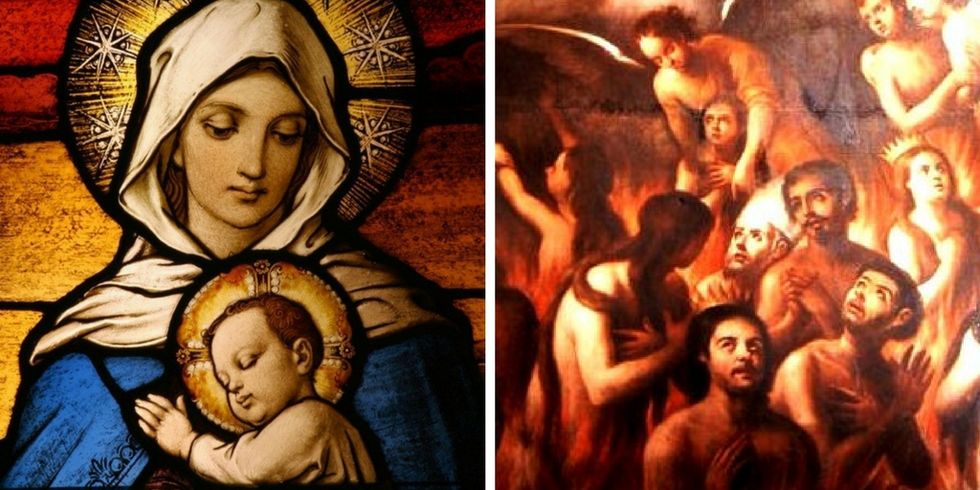



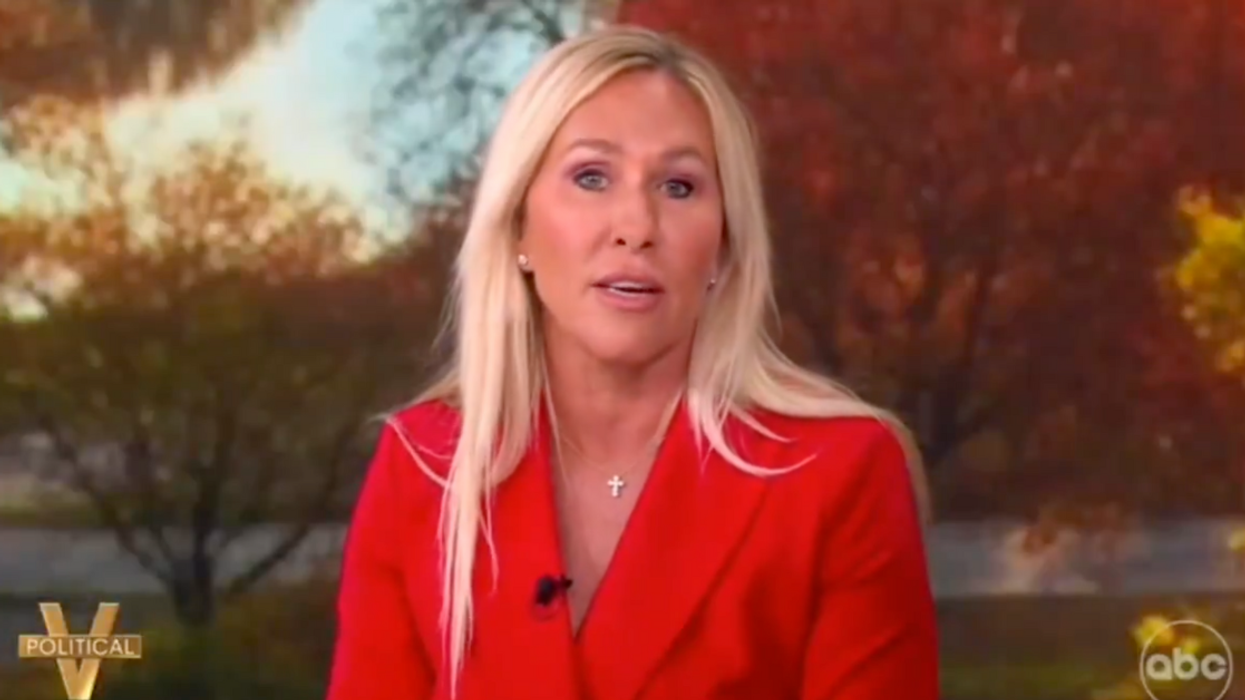
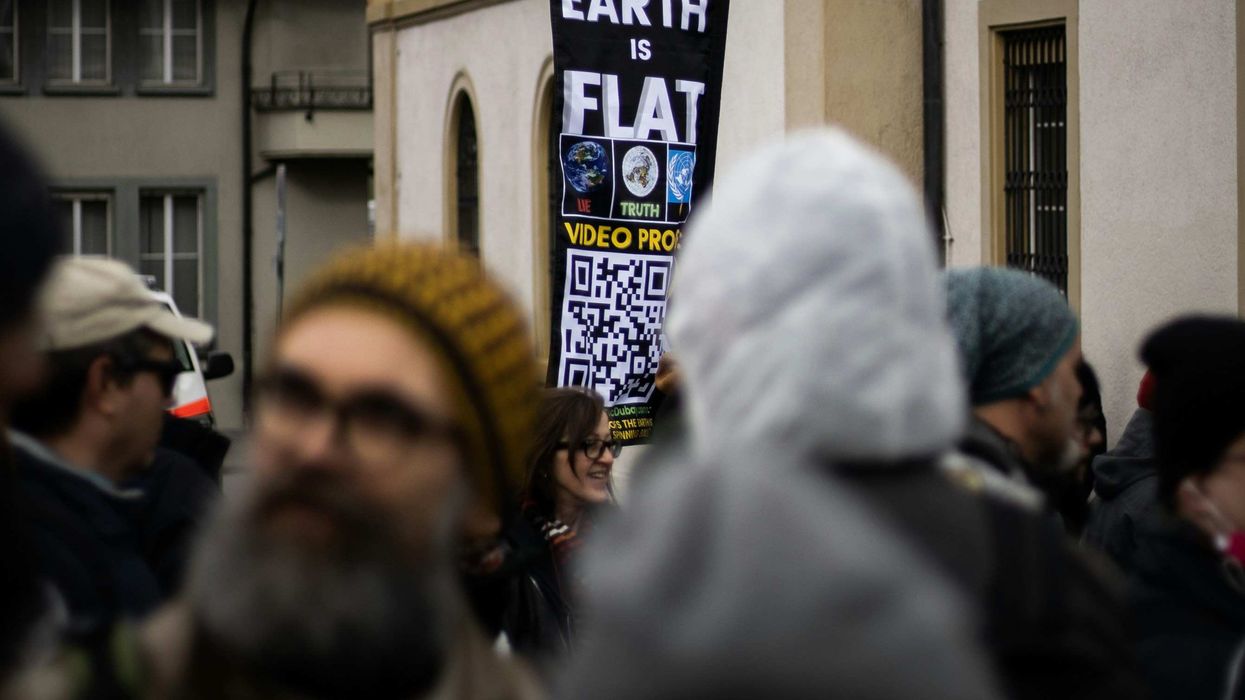






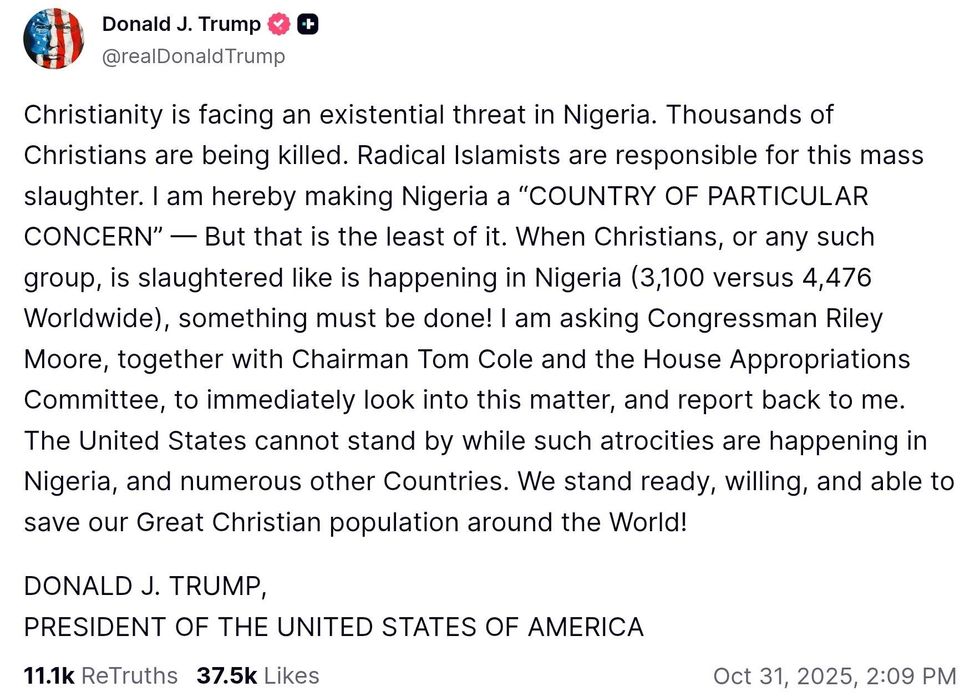
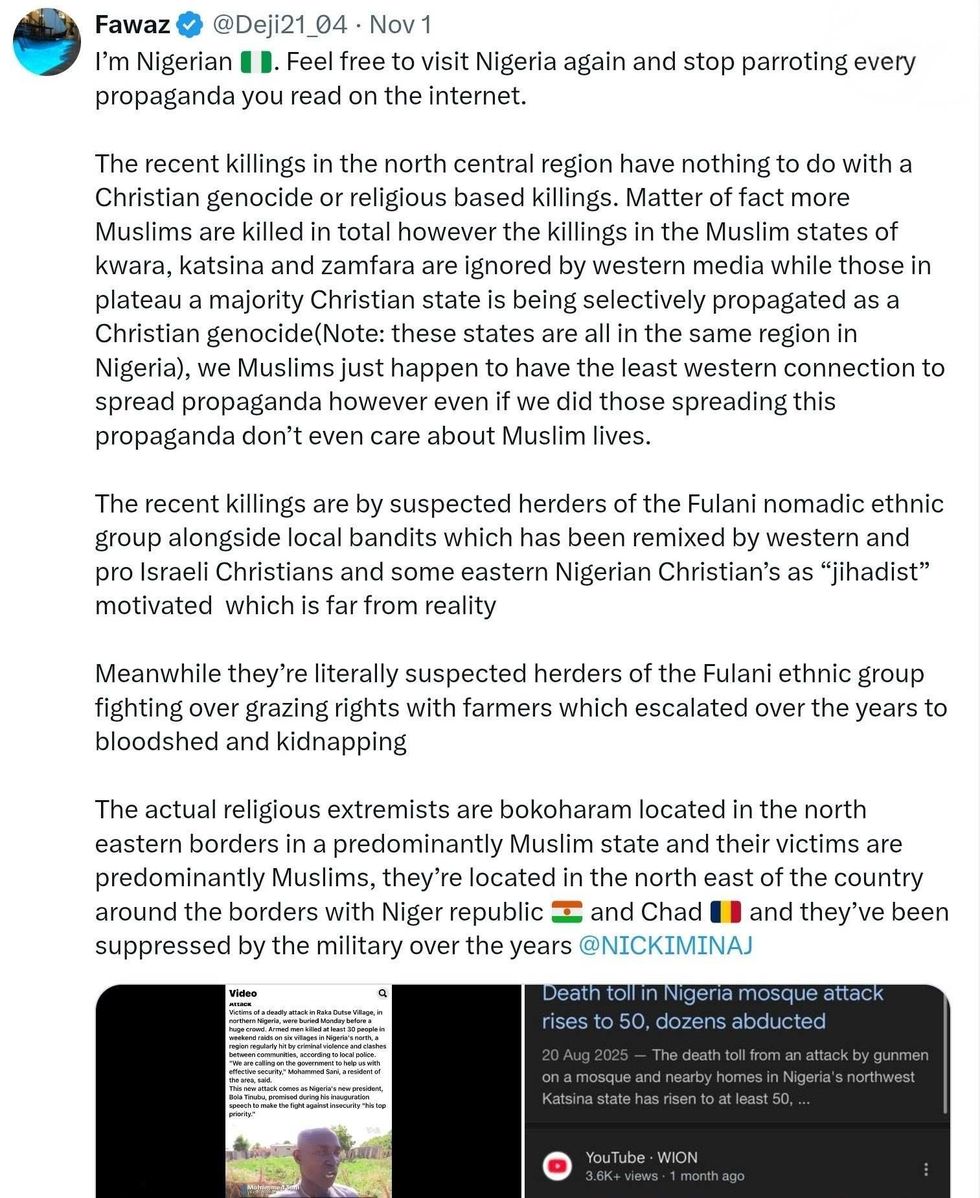 @NICKIMINAJ/X
@NICKIMINAJ/X @NICKIMINAJ/X
@NICKIMINAJ/X @NICKIMINAJ/X
@NICKIMINAJ/X @NICKIMINAJ/X
@NICKIMINAJ/X @NICKIMINAJ/X
@NICKIMINAJ/X TMZ/Facebook
TMZ/Facebook TMZ/Facebook
TMZ/Facebook TMZ/Facebook
TMZ/Facebook TMZ/Facebook
TMZ/Facebook TMZ/Facebook
TMZ/Facebook TMZ/Facebook
TMZ/Facebook TMZ/Facebook
TMZ/Facebook TMZ/Facebook
TMZ/Facebook @NICKIMINAJ/X
@NICKIMINAJ/X @NICKIMINAJ/X
@NICKIMINAJ/X
 @lily.billsy/TikTok
@lily.billsy/TikTok @jojami/TikTok
@jojami/TikTok @strawbvny/TikTok
@strawbvny/TikTok @missingstrapon/TikTok
@missingstrapon/TikTok @damanmills/TikTok
@damanmills/TikTok @finnster2080/TikTok
@finnster2080/TikTok @jayjhis/TikTok
@jayjhis/TikTok @wyrdcreechur/TikTok
@wyrdcreechur/TikTok @itsmetheemochick/TikTok
@itsmetheemochick/TikTok @cassandra_psydragon/TikTok
@cassandra_psydragon/TikTok @transybooo/TikTok
@transybooo/TikTok @karikunz2/TikTok
@karikunz2/TikTok 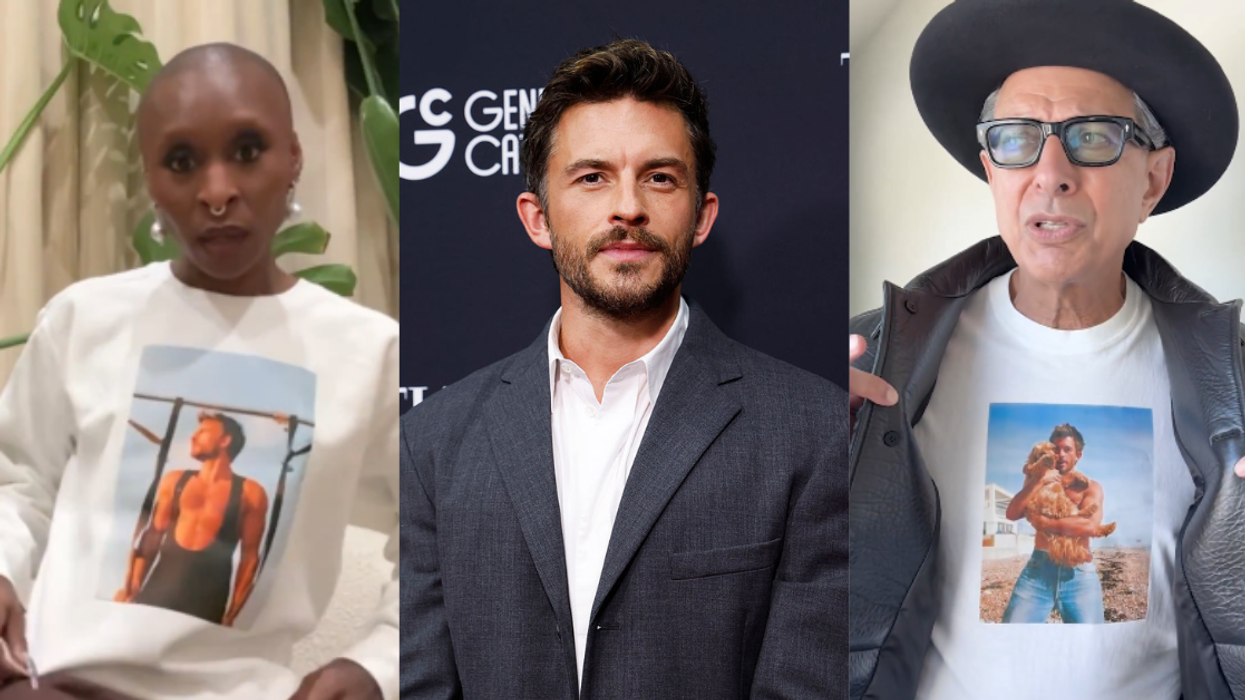
 @people/Instagram
@people/Instagram @people/Instagram
@people/Instagram @people/Instagram
@people/Instagram @people/Instagram
@people/Instagram @people/Instagram
@people/Instagram @people/Instagram
@people/Instagram @people/Instagram
@people/Instagram @people/Instagram
@people/Instagram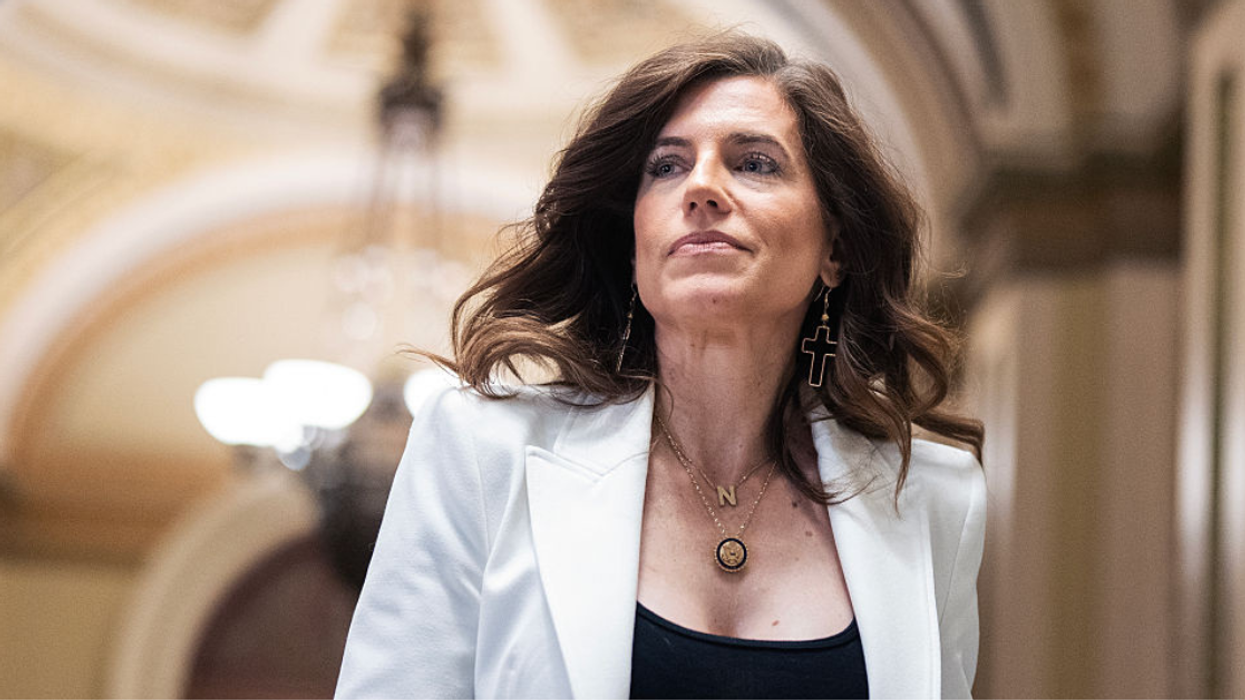
 @AuntSassyX
@AuntSassyX